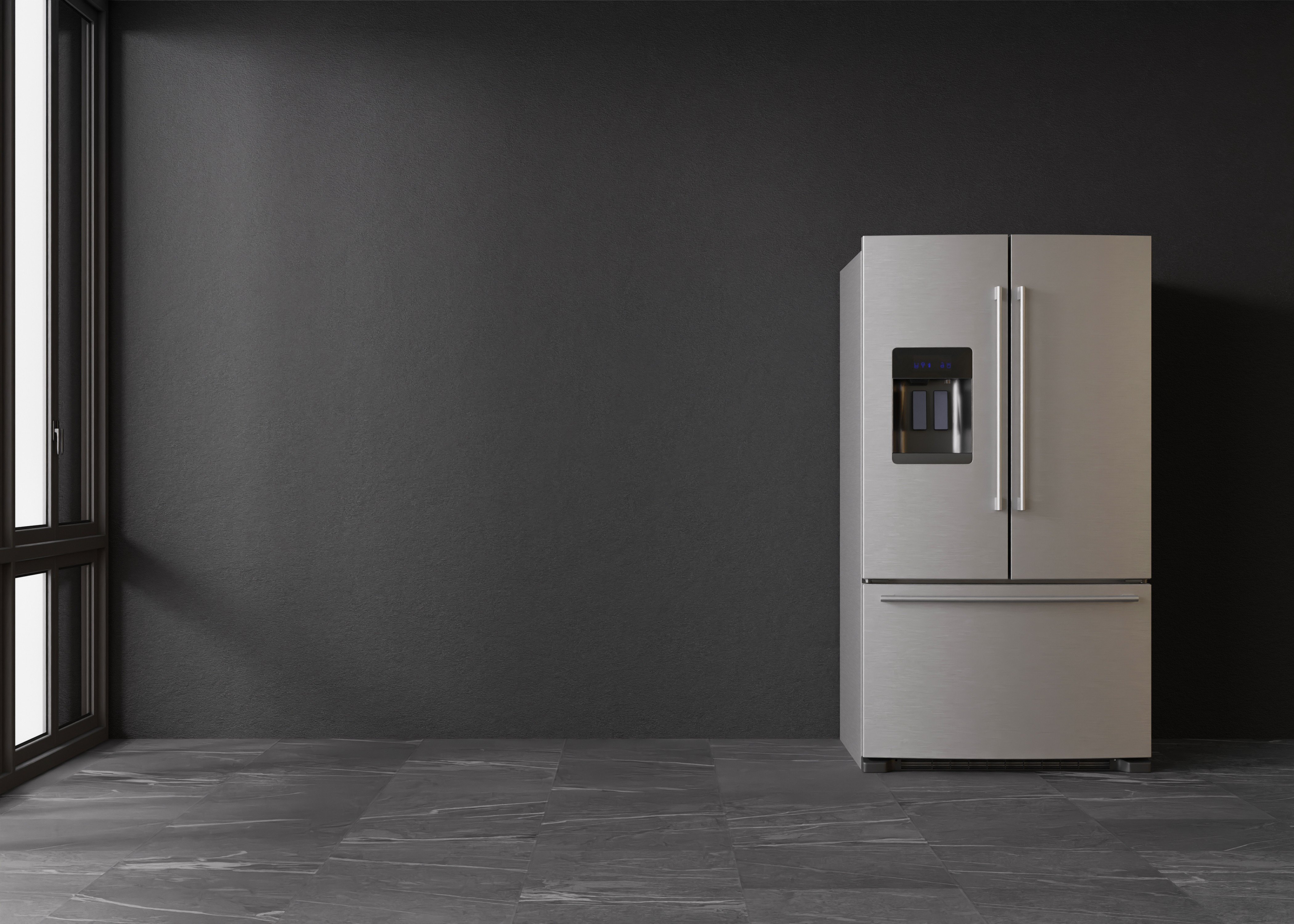Understanding Fridges and Freezers: The Essential Kitchen Appliances
Fridges and freezers are two of the most essential home appliances in modern-day kitchen areas. These devices serve an essential function in food conservation and waste decrease by making sure that disposable items remain fresh and safe for consumption. This article looks into the numerous types of fridges and freezers, their functionalities, and important factors to consider for selection and maintenance.
Types of Refrigerators
The marketplace offers a variety of refrigerator types, each developed to satisfy different customer needs. Below is a list of the most typical kinds of fridges:
Top-Freezer Refrigerators
- Most common type.
- Freezer compartment lies above the refrigerator area.
- Normally more economical and energy-efficient.
Bottom-Freezer Refrigerators
- Freezer is situated at the bottom.
- Permits easier access to fresh products at eye level.
- Often features pull-out drawers for much better company.
Side-by-Side Refrigerators
- Refrigerator and freezer sections are surrounding.
- Ideal for narrow kitchen areas and permits easy access to both compartments.
- Often includes water and ice dispensers.
French Door Refrigerators
- Integrates a bottom freezer with double doors at the top.
- Offers ample storage and elegant designs.
- Frequently consists of features like temperature-controlled drawers.
Compact Refrigerators
- Smaller size ideal for restricted areas.
- Frequently utilized in dormitory, little apartment or condos, or as secondary fridges.
Table 1: Comparison of Refrigerator Types
| Type | Benefits | Drawbacks | Common Size |
|---|---|---|---|
| Top-Freezer | Budget friendly, energy-efficient | Less convenient access to the freezer | 14-30 cu. ft. |
| Bottom-Freezer | Much easier access to fresh food | Freezer can be harder to arrange | 19-30 cu. ft. |
| Side-by-Side | Easy gain access to, water/ice dispenser | Narrow vs. storage space | 22-30 cu. ft. |
| French Door | Elegant, spacious, arranged | More pricey | 20-30+ cu. ft. |
| Compact | Space-saving, portable | Limited storage | 1.7-5.5 cu. ft. |
Types of Freezers
Freezers are a similarly important device for food preservation. They come in numerous designs developed to fit various home needs. Consider the list below types:
Upright Freezers
- Run like a basic refrigerator with vertical storage.
- Simpler to arrange with racks and compartments.
Chest Freezers
- Large, horizontal style generally providing more storage area.
- Maintains temperatures much better during power interruptions.
- More energy-efficient than upright models.
Portable Freezers
- Compact systems ideal for outside activities or small areas.
- Often used for camping journeys or as momentary storage.
Table 2: Comparison of Freezer Types
| Type | Benefits | Disadvantages | Normal Size |
|---|---|---|---|
| Upright Freezer | Easier to organize | Less energy-efficient, more flooring space | 5-20 cu. ft. |
| Chest Freezer | Holds more items, energy-efficient | Harder to organize | 5-25 cu. ft. |
| Portable Freezer | Compact and flexible | Limited storage capability | 1-10 cu. ft. |
Key Features to Consider
When picking a fridge or freezer, consumers must bear in mind several functions that can boost functionality:
- Energy Efficiency: Look for designs with the ENERGY STAR certification to minimize electricity bills.
- Storage Capacity: Evaluate storage requirements based upon household size and consuming practices.
- Temperature level Control: Some devices provide digital controls for accurate temperature settings.
- Adjustable Shelving: Customizable shelving allows for optimum company.
- Water and Ice Dispenser: Offers benefit however can take up important space inside.
- Sound Level: Sound rankings can affect convenience, specifically in open-concept homes.
Benefits and drawbacks of Having a Fridge and Freezer
While fridges and freezers are essential innovations, they also have certain advantages and disadvantages:
| Pros | Cons |
|---|---|
| Maintain food life expectancy and reduce waste | Need regular maintenance |
| Enable bulk buying and meal prepping | Can be expensive to purchase and run |
| Deal benefit and quick access to food | Inhabit considerable kitchen space |
Maintenance Tips
To ensure durability and optimum efficiency of fridges and freezers, think about the following maintenance suggestions:
- Regular Cleaning: Clean the interior and exterior occasionally to avoid accumulation of dirt and germs.
- Check Seals: Inspect door seals frequently for leaks to preserve performance.
- Temperature Settings: Keep the fridge at 34-38 ° F and the freezer at 0 ° F for optimal food conservation.
- Defrost as Needed: Chest freezers need to be defrosted routinely to preserve performance.
- Clear Air Vents: Ensure that air flow isn't blocked to improve energy effectiveness.
FAQs About Fridges and Freezers
Q1: How long can food be stored in a freezer?A: Most foods can be kept in a freezer for numerous months. Fridges And Freezers and poultry frequently last 4-12 months, while veggies can last as much as 8-12 months.
Q2: How frequently need to I clean my fridge and freezer?A: It is a good idea to clean your fridge and freezer every 3 to 6 months, or as required when spills happen. Q3: Can I put hot food directly in the fridge?A: It is recommended to cool hot food to space temperature level before putting it in the fridge to avoid
raising the temperature level inside the home appliance. Q4: Why is my fridge running constantly?A: This could be due to a malfunctioning thermostat, clogged up coils, or door seals that aren't working effectively. Fridges and freezers are vital
assets to contemporary homes, offering vital services for food storage and preservation.
Comprehending the different types, features, and maintenance requirements can assist customers pick the best home appliances for their requirements and maximize their functionality. Embracing energy-efficient models not just supports sustainable practices but also contributes to significant cost savings on energy expenses, making notified options more important than ever.

